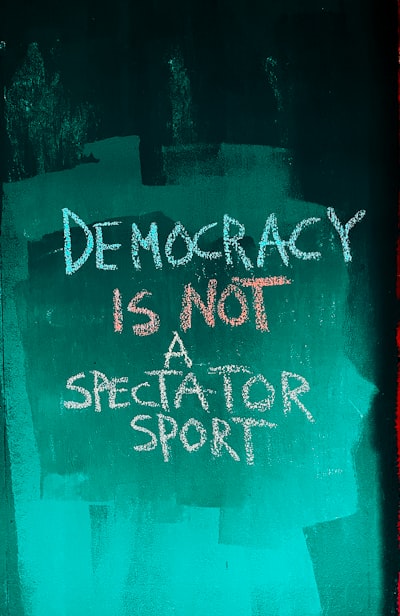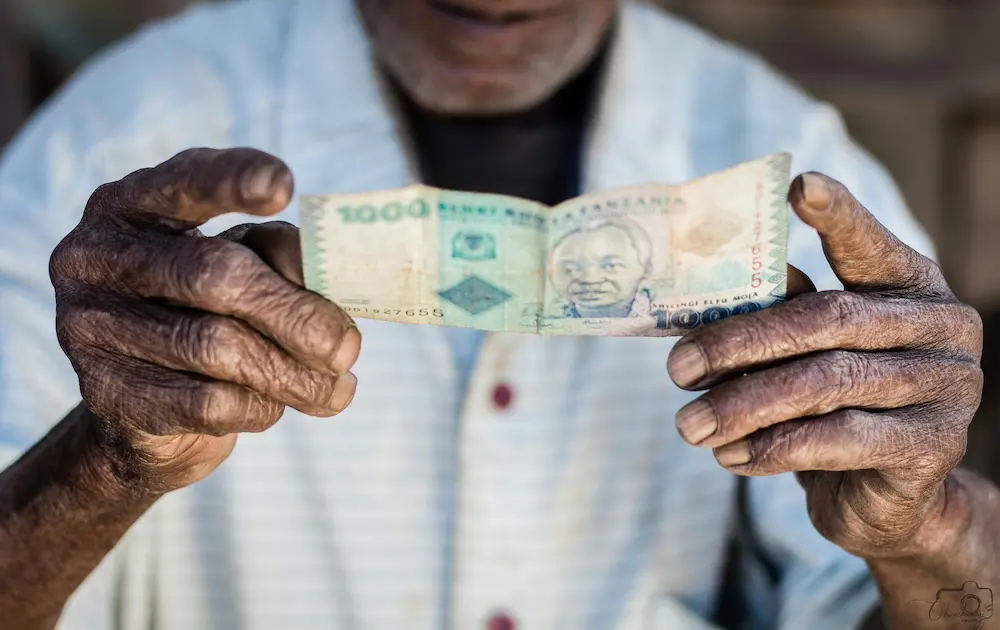Johannesburg, South Africa – Three decades after the birth of democracy, South Africa is at a defining moment. The choice is no longer between reconciliation and revenge, as it was in 1994. The choice now is stark: enforce the law or let the country descend further into disorder. Yet, instead of bold action, the government continues to respond with endless dialogues, workshops, and consultations that achieve little beyond delay.
The Futility of Endless Dialogue
President Cyril Ramaphosa’s much-touted national dialogue embodies the flaws of today’s governance. When crises erupt, the instinct is to talk about them, not solve them. Communities erupt in anger over collapsing services, yet instead of accountability, they are offered another round of discussions. South Africans are not short on laws they are short on leaders willing to uphold them.
Strong Laws, Weak Enforcement
South Africa already has robust legislation: laws against corruption, theft of public funds, and abuse of office; laws mandating service delivery; and laws that hold public servants accountable. But these laws are treated as optional guidelines rather than binding rules. Corrupt officials enrich themselves while citizens line up for basic necessities. Criminals act openly because they know prosecution is unlikely. The law, which should be democracy’s great equalizer, has become little more than window dressing.
When Dialogue Masks Inaction
Dialogue has an important place in history it helped birth a democratic South Africa. But those negotiations were about creating new institutions, not excusing failures to enforce existing laws. Today, the problems are well documented: annual Auditor General reports expose financial mismanagement, and evidence of organized crime sits untouched on officials’ desks. What is missing is not analysis it is political will.
From Taxi Violence to Municipal Collapse
Examples of this failure are everywhere. Taxi violence claims lives in broad daylight, recorded on cameras for the world to see, yet authorities respond with vague promises of “further engagement.” Municipalities collapse under the weight of corruption, while communities protest for clean water and functioning infrastructure. These are not abstract policy debates they are constitutional obligations being ignored with impunity.
The ANC’s Credibility Crisis
The ruling African National Congress (ANC) continues to act as though it retains the moral authority to lead renewal. But after decades of presiding over institutional decay, state capture, and municipal failures, its credibility is in tatters. Instead of reform, the ANC insists on convening processes that it controls dialogues that rarely produce accountability. Real change would mean empowering independent institutions, a move the party has long resisted.
The Dangers of Weak Law Enforcement
Failure to enforce the law has consequences far beyond politics. It fuels vigilantism, where frustrated citizens take justice into their own hands. It emboldens criminals who know that the risk of consequences is negligible. It drives away investment, as businesses cannot thrive without certainty and security. And it erodes public trust, particularly among young people who see democracy as toothless in the face of corruption and crime.
What Real Leadership Looks Like
South Africa does not need another round of “nation-building dialogue.” It needs leadership that treats law enforcement as the cornerstone of democracy. Corrupt mayors must face prison, not promotions. Municipal officials who fail their duties must be held accountable. And law enforcement agencies must be empowered to pursue justice without political interference. Democracy is meaningless without consequences for those who break the law.
A Dialogue Worth Having
If a national dialogue is to take place, its sole focus should be on restoring the rule of law. That means providing police, prosecutors, and the judiciary with independence, resources, and the backing to act decisively. Anything less is just another stalling tactic, one the country can no longer afford.
The Choice Ahead
South Africa is running out of time. It must decide whether it will be governed by laws that apply equally to all, or by a system where the powerful operate above the law. Citizens protesting for services are demanding action, not conferences. Businesses want stability, not rhetoric. Young people want accountability, not excuses.
Conclusion
For too long, South Africa has substituted endless dialogue for meaningful action. The result is a nation teetering between democracy and dysfunction. The path forward is not complicated: enforce the laws already in place, hold leaders accountable, and show citizens that justice is real. South Africans have talked enough. What the country needs now is enforcement because without it, democracy itself will not survive.
for more news africaciviclens.com




